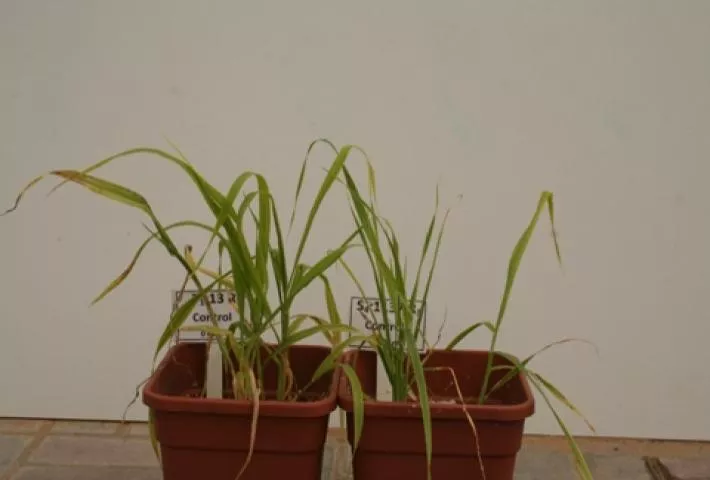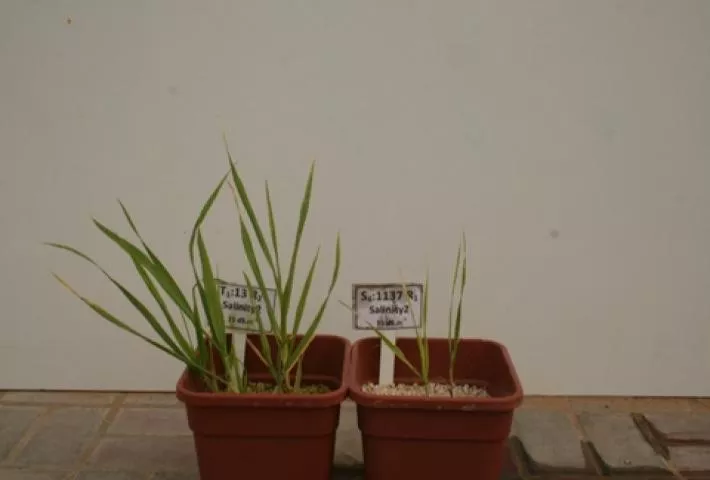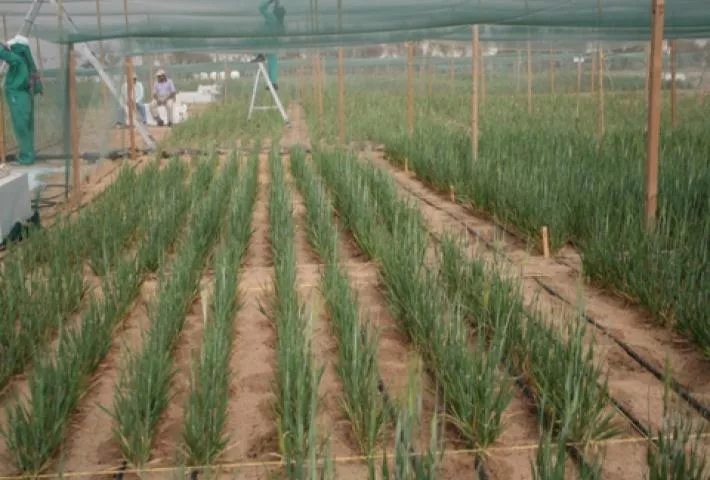Molecular Mechanisms Involved in Salinity Tolerance in Barley
Problem Overview
Salinization poses a serious threat, particularly to countries with arid and semi-arid climates like those of the Middle East and North Africa (MENA) region. More than 1.5 million hectares of agricultural land is lost every year to salinity and it is estimated that as much as 20% of the world’s arable land is saline. The end result? Crop yield decline, major constraints for agriculture in marginal lands, and increased global threat to food security. It is clear that we are at a crossroads where innovative methods are needed to render popular crops, such as barley, tolerant of high saline conditions.
Project Description
Identify novel mechanisms in barley that come into play under stress conditions such as high salinity with the objective of isolating and characterizing the single genes that significantly contribute to the stress tolerance in the plant. This will provide critical information on genetic control, thus creating a set of tools that can be utilized in plant breeding programs.
Research Innovation Theme
Crop Productivity and Diversification
Downloadable files
Duration
January 2013 - November 2015
Project Lead
Project Region
Near East and North Africa
Project Countries
United Arab Emirates
Partner(s)
- BITS Pilani University
- King Abdullah University of Science and Technology (KAUST)













